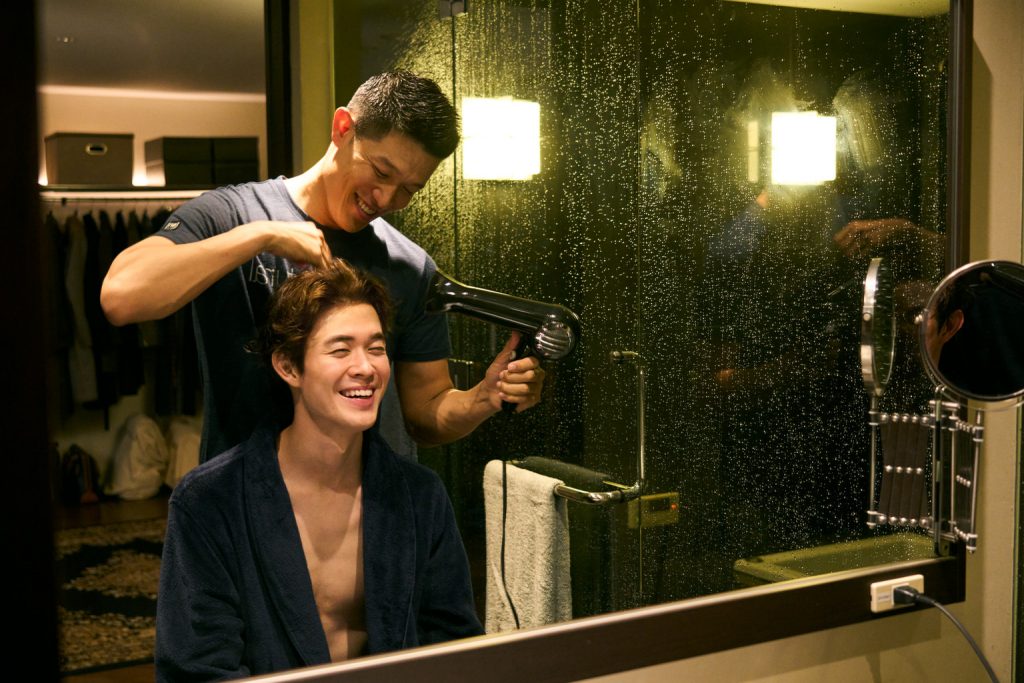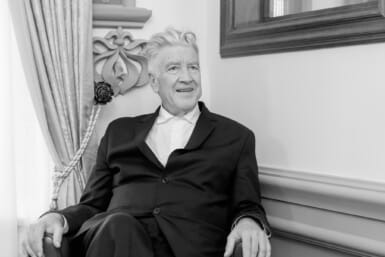The 2022 Tokyo International Film Festival concluded on Wednesday after 10 days of screenings. This year a total of 169 movies (43 more than in 2021) were selected from a record 59,541 admissions. We went to see eight of them, including the opening and closing films and the Grand Prix winner.
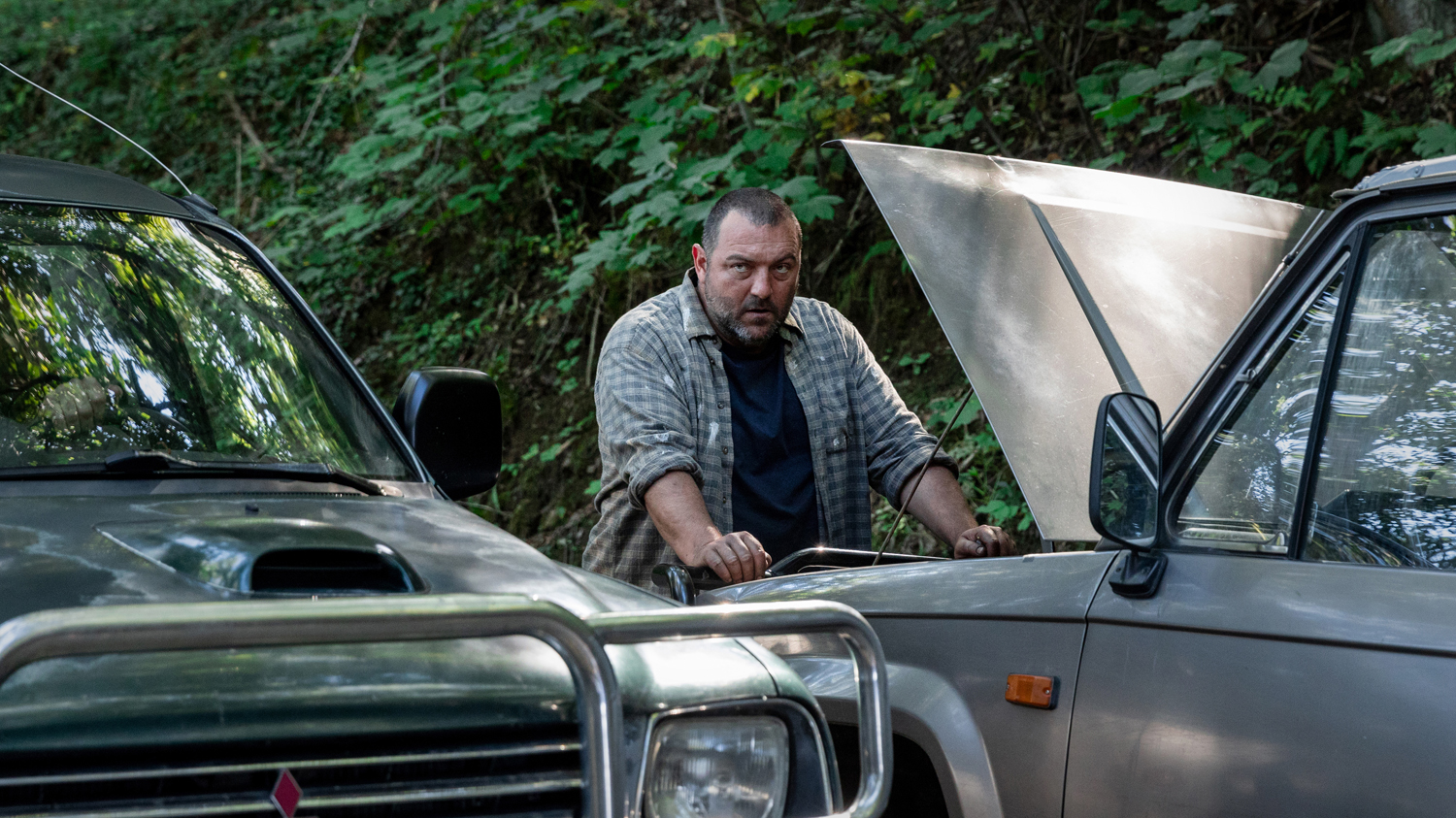
Denis Menochet won the Best Actor Award at the festival’s Closing Ceremony
1. Beasts (Spain-France)
Set in the idyllic rural landscape of Galicia in Spain, Beasts is a compelling and at times unsettling psychological thriller with a hard-hitting narrative that leaves a lasting impression. Director Rodrigo Sorogoyen, who garnered an Oscar nomination for his short film Madre, builds up the tension superbly as a local feud escalates.
French couple Antoine (Denis Menochet) and Olga (Marina Fois) move to the Spanish countryside to live peacefully as farmers. Seen as outsiders by some neighbors, particularly brothers Xan (Luis Zahera) and Lorenzo (Diego Anido), things soon turn sinister.
Beasts deservedly won the TIFF Grand Prix prize as well as Best Director (Sorogoyen) and Best Actor (Menochet) gongs.
Director: Rodrigo Sorogoyen
Starring: Denis Menochet, Marina Fois, Luis Zahera, Diego Anido

Kazunari Ninomiya as Hatao Yamamoto
2. Fragments of the Last Will (Japan)
When the Soviet Union captured Manchukuo in August 1945, more than 600,000 Japanese soldiers were transported to labor camps in the USSR. Those tried as war criminals were forced to stay for more than a decade including Hatao Yamamoto, the lead character in Takahisa Zeze’s film Fragments of the Last Will.
Played impressively by Arashi singer Kazunari Ninomiya (Letters from Iwo Jima), he’s a resolute and courageous individual who stays positive despite the harsh conditions at the Siberian gulag and the fact that he’s separated from his wife Mojimi (Keiko Kitagawa) and children. Based on a true story, this unabashed tear-jerker was the festival’s opening film.
Director: Takahisa Zeze
Starring: Kazunari Ninomiya, Keiko Kitagawa, Tori Matsuzaka, Kenta Kiritani

3. Egoist (Japan)
A fourth fiction feature for Daishi Matsunaga, Egoist is a delicate and moving LGBTQ film that takes the audience in some surprising directions. Based on an autobiographical novel by the late author Makoto Takayama, it begins with Kosuke (Ryohei Suzuki) taking an immediate shine to his personal trainer Ryuta (Hio Miyazawa).
Suzuki (The Blood of Wolves II) impresses as Kosuke, a successful fashion magazine editor who lost his mother when he was 14. Miyazawa (Chimudondon) also puts in a stellar performance as his seemingly innocent partner. Their relationship grows stronger until one day, Ryuta fails to show up for a drive they had planned.
Director: Daishi Matsunaga
Starring: Ryohei Suzuki, Hio Miyazawa, Sawako Agawa
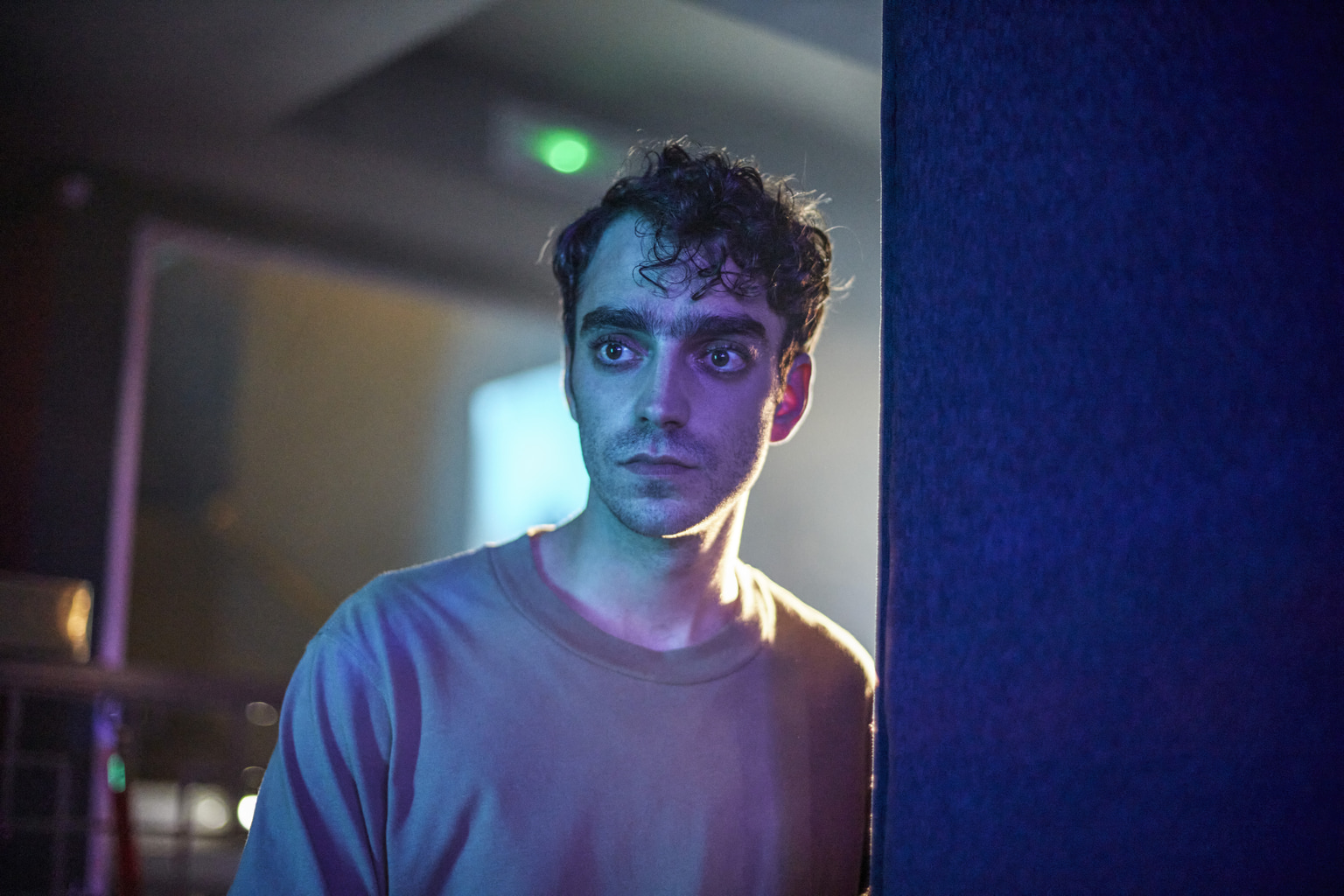
Nacho Sanchez as Julian
4. Manticore (Spain)
A dark and disturbing film that will appall and captivate audiences in equal measures. Carlos Vermut’s psychological thriller Manticore tackles a taboo topic (we won’t give too much away here) with sensitivity and thoughtfulness. It’s a slow-paced and uncompromising movie you’ll still be thinking about long after you’ve finished watching.
Nacho Sanchez (Seventeen) is excellent as Julian, a shy video game designer tormented by a horrible secret. A vulnerable individual in need of affection, he does what he can to keep his skeletons in the closet. This proves difficult, though, even after he starts dating art history student Diana (Zoe Stein).
Director: Carlos Vermut
Starring: Nacho Sanchez, Zoe Stein, Alvaro Sanz Rodriguez

Ana Stojanovska and Simona Spirovska
5. Kaymak (North Macedonia)
Named after a creamy dairy product made in the Balkans, Kaymak is a humorous sex comedy with some dark moments thrown in. It focuses on two Macedonian couples from different social classes living in the same apartment complex in the country’s capital of Skopje. “The film,” says director Milcho Manchevski, “asks who decides what a normal relationship is.”
Manchevski is most well-known for his poignant tragedy Before the Rain, which won a string of awards and was nominated for an Oscar in 1995. It’s hard to see Kaymak getting that kind of recognition. That said, it still makes for a fun, albeit slightly absurd watch. It also tackles serious social issues.
Director: Milcho Manchevski
Starring: Sara Klimoska, Kamka Tocinovski, Aleksandar Mikic, Simona Spirovska, Ana Stojanovska
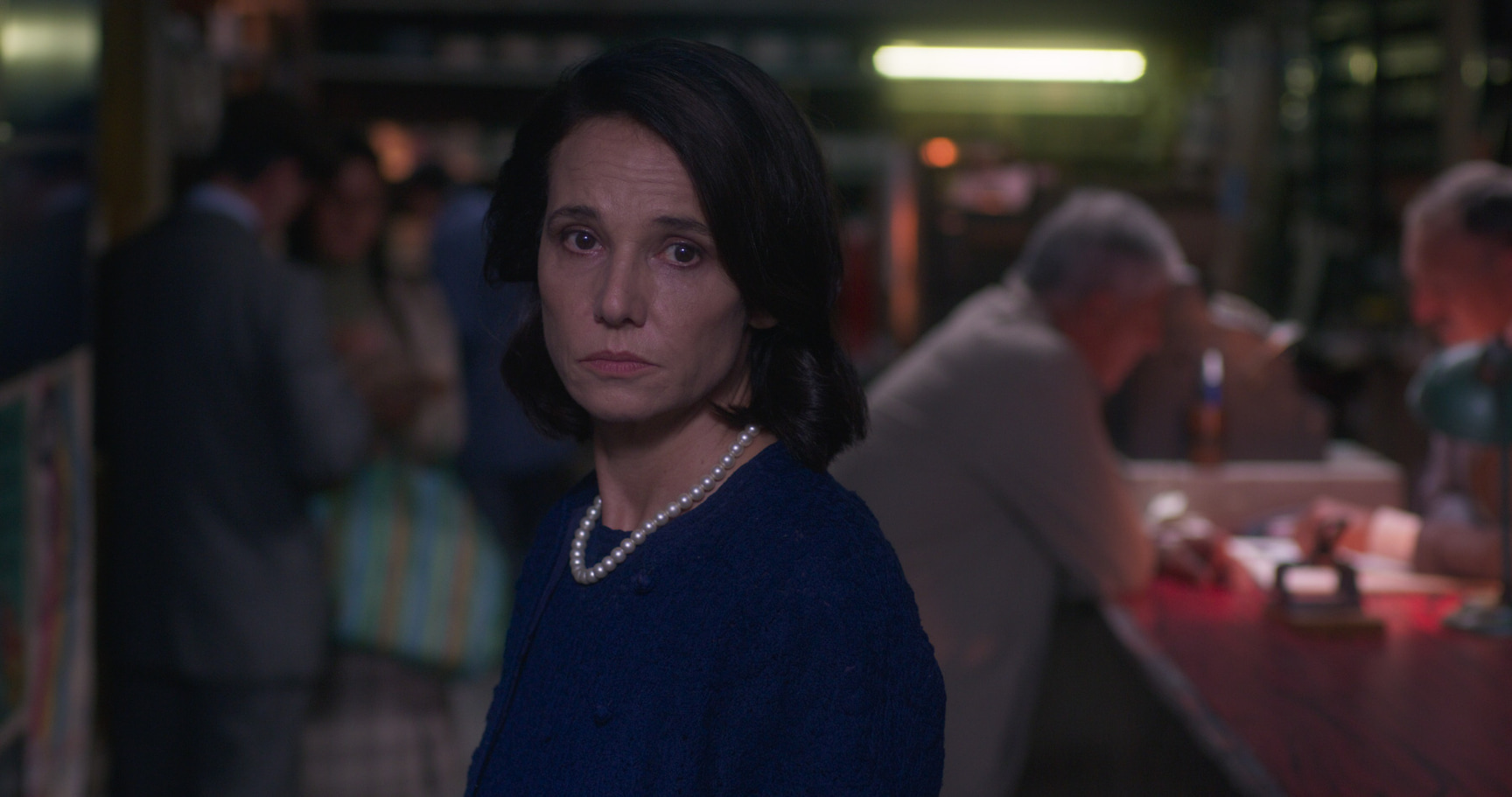
Aline Kuppenheim picked up the Best Actress Award
6. 1976 (Chile)
A suspenseful political drama that delves into Augusto Pinochet’s sanguinary dictatorship, 1976 is an impressive debut feature film from actor-turned-director Manuela Martelli. She set the movie three years into the general’s brutal regime as that was when her grandmother died. Though she never met her, she’s the inspiration for the lead character Carmen.
Best Actress winner Aline Kuppenheim is outstanding as Carmen, a middle-aged woman who’s persuaded by Father Sanchez (Hugo Medina) to treat the gunshot wound of “common criminal” Elias (Nicolas Sepulveda). She soon realizes he’s being pursued by Pinochet’s police and then experiences something of a revolutionary awakening herself. Maria Portugal’s ominous music adds to the eerie atmosphere.
Director: Manuela Martelli
Starring: Aline Kuppenheim, Hugo Medina, Nicolas Sepulveda
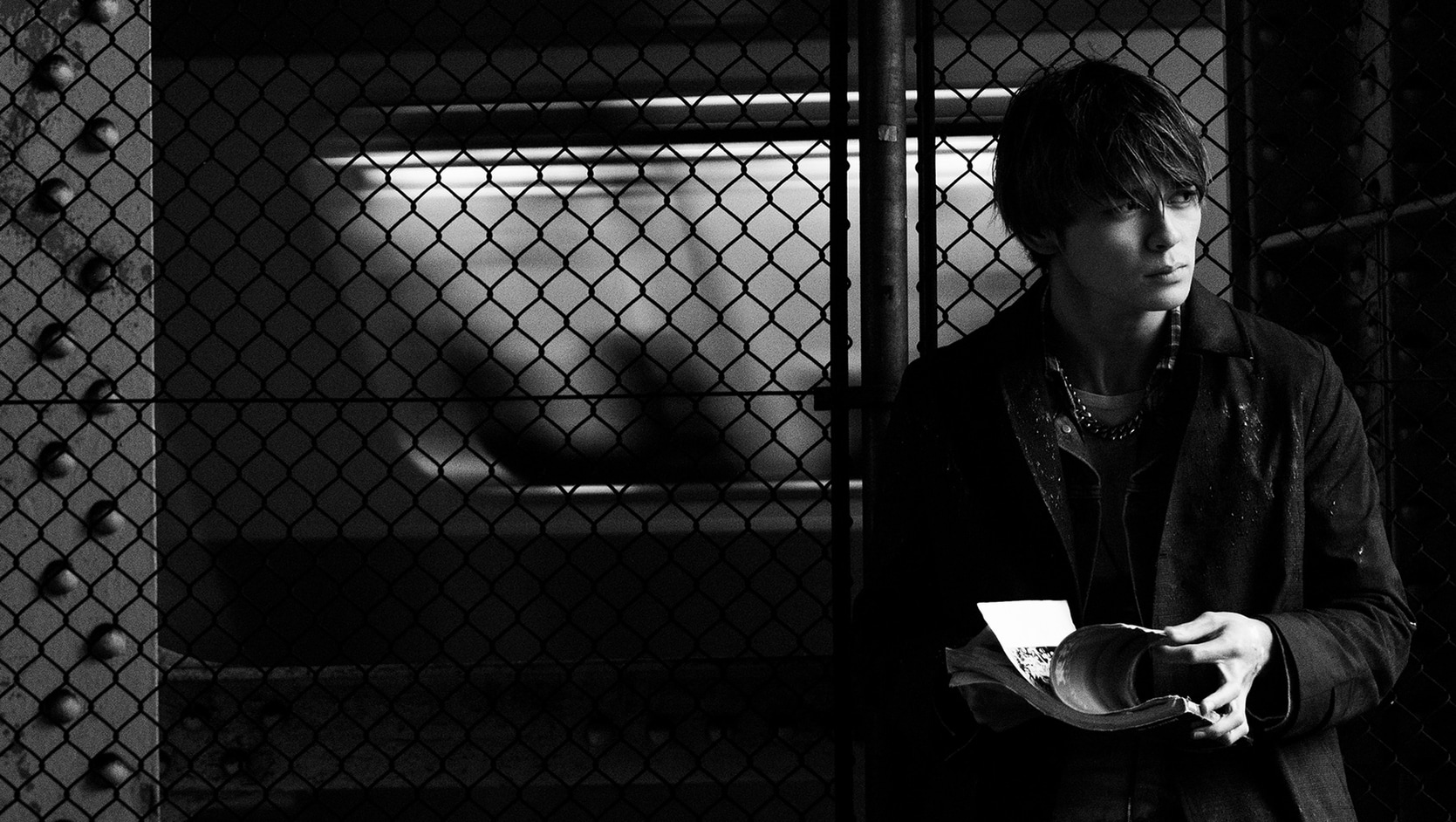
7. Lightning Over the Beyond (Japan)
Named after “Éclairs sur l’Au-Delà,” the final completed work of French composer Olivier Messiaen, Lightning Over the Beyond is a thought-provoking film that questions the meaning of going to war and the effect it has on those who live through it. Predominantly focusing on Nagasaki and Okinawa, it’s shot like a documentary.
Gordon Maeda, in his first starring role, plays an impressionable student who’s persuaded by self-proclaimed revolutionary Tomobe (Hiroyuki Ikeuchi) to help him make a war documentary. Inspired by the images of influential photographer Shomei Tomatsu (1930-2012), the film is visually stunning. At close to three hours, though, it does drag on a bit.
Director: Yoshihiro Hanno
Starring: Gordon Maeda. Hiroyuki Ikeuchi, Shogen, Awich

Bill Nighy must be an Oscar contender for his performance as Mr. Williams
8. Living (UK)
Remaking a classic is always a risk. Fortunately, on this occasion director Oliver Hermanus (Moffie) and Nobel Prize-winning screenwriter Kazuo Ishiguro (Remains of the Day) pull it off. Living, a retelling of Akira Kurosawa’s 1952 masterpiece Ikiru, is a touching drama about a bureaucrat’s attempt to find meaning in his life when faced with his own mortality.
The film is set in London around the same year as the original. Instead of Watanabe, it follows Mr. Williams, an emotionally repressed individual diagnosed with a fatal illness. He’s played in a brilliantly understated way by Bill Nighy (Love Actually), who must be a strong contender for Best Actor at next year’s Oscars.
Director: Oliver Hermanus
Starring: Bill Nighy, Aimee Lou Wood, Alex Sharp, Adrian Rawlins

